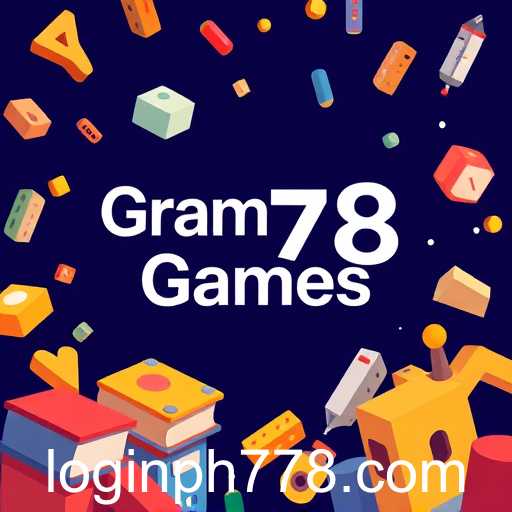In the digital age where education and entertainment intersect, Grammar Games have carved a unique niche, offering enriching experiences for learners across the globe. These games have transformed the conventional approach to learning grammar by infusing creativity and interactive elements, making it accessible and enjoyable for people of all ages.
Grammar Games, under the intriguing keyword 'ph778', cover a broad spectrum of activities designed to enhance language skills through play. They provide an excellent platform for students, educators, and language lovers to refine their command of language structures in a dynamic and engaging way. From word puzzles and sentence construction challenges to elaborate multiplayer environments that test grammar in real-time conversations, these games cater to a variety of learning preferences and levels.
The appeal of Grammar Games lies in their ability to combine gamification techniques with core grammatical principles. This approach not only reinforces learning objectives but also entices users to continue exploring language mechanics in a stress-free environment. Whether used as an educational supplement in classrooms or as personal language development tools, these games have shown immense potential in boosting grammatical proficiency.
Moreover, Grammar Games often incorporate elements of competition and achievement, which can motivate learners to push their boundaries. Leaderboards, points systems, and badges serve as incentives that encourage repeated engagement and gradual progression. As learners navigate through different levels and challenges, they receive instant feedback, which is crucial for reinforcing correct usage and correcting mistakes.
For educators, integrating Grammar Games into their curriculum provides a novel way to address diverse learning styles and keep their students motivated. The adaptive nature of these games ensures that learners are appropriately challenged, preventing frustration and fostering a positive attitude towards learning.
As we continue to navigate an ever-evolving educational landscape, the role of Grammar Games becomes increasingly significant. They represent a shift towards more flexible, inclusive, and technology-driven learning methodologies that resonate with the digital-native generation. This innovative approach not only enhances language skills but also prepares learners to excel in communication in an increasingly globalized world.
In conclusion, Grammar Games exemplify the potential of gamification in education. Their capacity to transform mundane learning processes into captivating experiences underscores the possibilities that lie at the intersection of technology, education, and play. Through 'ph778', users can explore a wide range of games that redefine how we perceive and master the art of grammar.








